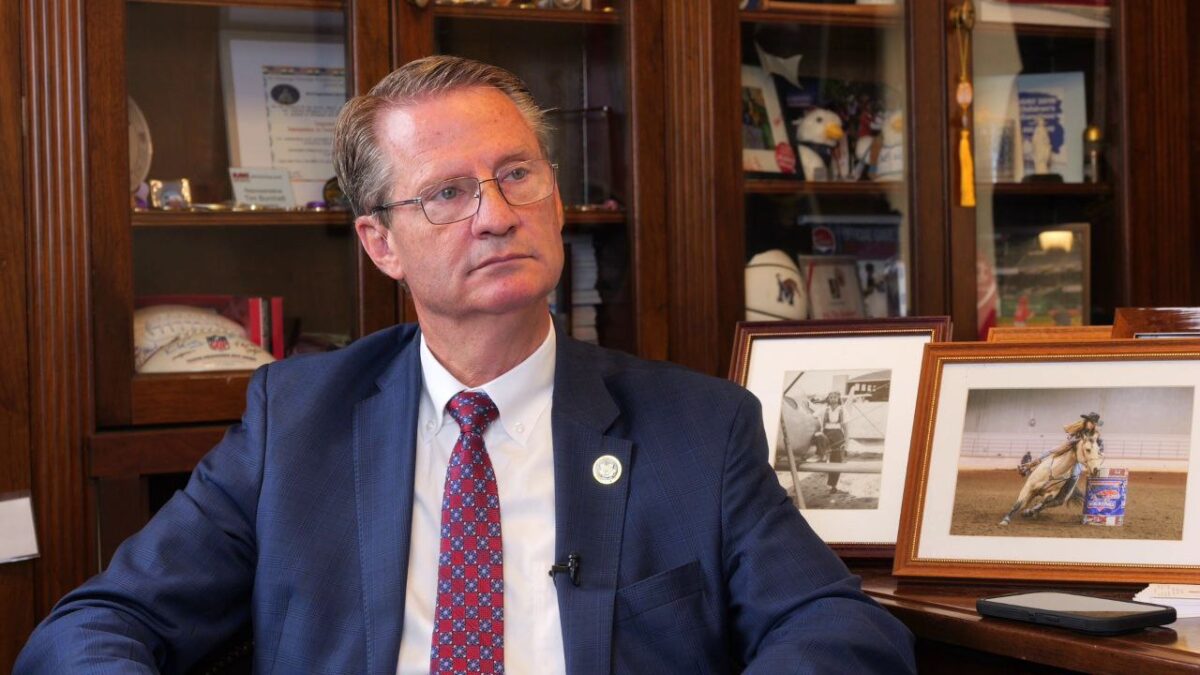WASHINGTON — Representative Tim Burchett of Tennessee has warned that American taxpayer money is being funneled to the Taliban, claiming such funds could potentially finance future terrorist attacks.
His statement was made in response to a question posed by billionaire Elon Musk, who expressed concerns about U.S. foreign aid on his social media platform, X.
“We are,” Burchett wrote in reply to Musk’s query about whether U.S. taxpayer dollars were reaching the Taliban. “The next terrorist attack will be 100% fully funded by the American taxpayer.”
Musk, the owner of Tesla and X and a vocal supporter of President-elect Donald Trump, had reacted to Burchett’s concerns by posting, “Are we really sending U.S. taxpayer money to the Taliban?” His question followed Burchett’s open letter to Trump urging an end to what the congressman described as indirect funding of the Taliban.
Burchett’s letter to Trump
In his letter, Burchett outlined his concerns about U.S. financial aid allegedly benefiting the Taliban, citing reports of funds transferred to Afghanistan under the Biden administration. He called on Trump, as the incoming president, to prioritize halting such payments and ensuring greater transparency in foreign aid allocations.
Burchett pointed to claims that non-governmental organizations (NGOs) operating in Afghanistan had paid taxes to the Taliban, which now controls the country’s government. He also raised alarms about cash transfers to Afghanistan’s central bank, warning that the funds could be misused to finance terrorism.
Burchett also pointed to large cash shipments sent to Afghanistan’s central bank, suggesting they are difficult to track and vulnerable to exploitation by the Taliban. “These cash shipments are auctioned off, and after that, they are nearly impossible to trace. This is how the Taliban is being funded and plans to fund terrorism around the world,” he alleged.
Burchett’s concerns mirror a growing unease among U.S. lawmakers over the possibility that international aid intended for humanitarian purposes could be exploited by the Taliban. Although the U.S. government has denied providing direct aid to the Taliban, questions remain about how funds distributed by NGOs and international agencies are monitored.
The debate highlights a complex challenge for U.S. policymakers: how to deliver humanitarian assistance to Afghan civilians in need without inadvertently strengthening the Taliban, which regained control of Afghanistan in 2021 after the U.S. withdrawal.
Burchett’s stark warnings and Musk’s amplification of the issue have brought renewed attention to the administration’s foreign aid strategy. As Congress prepares to reconvene, the question of Afghanistan aid—and its potential misuse—will likely remain a contentious issue.




